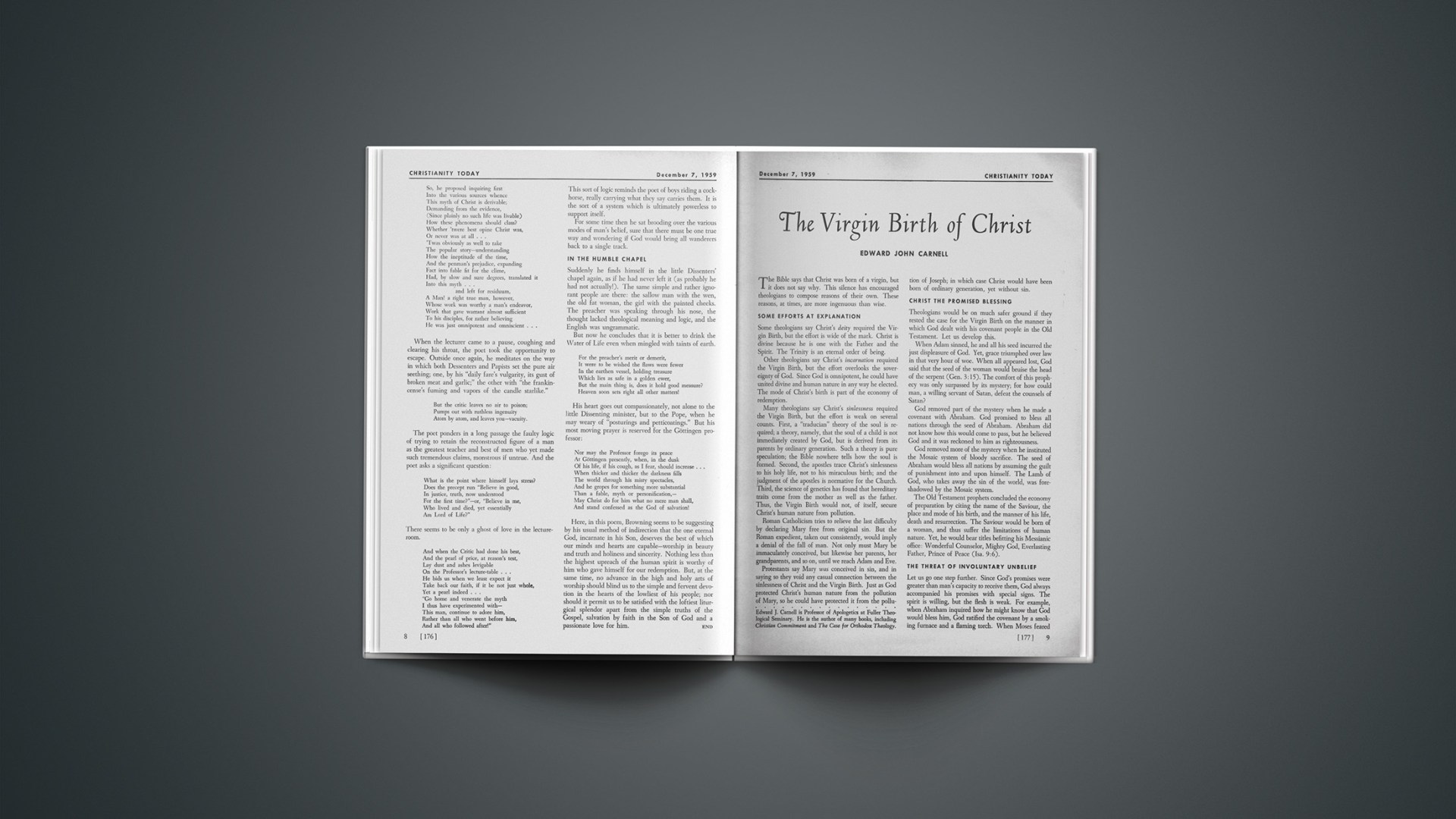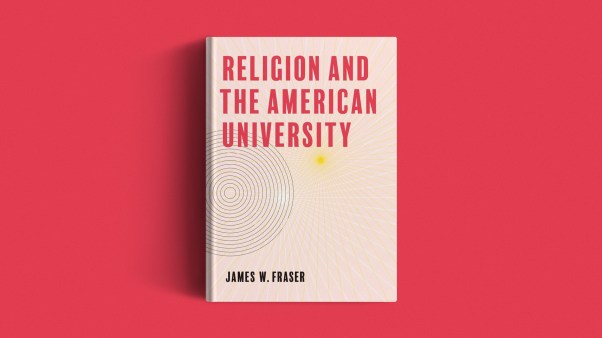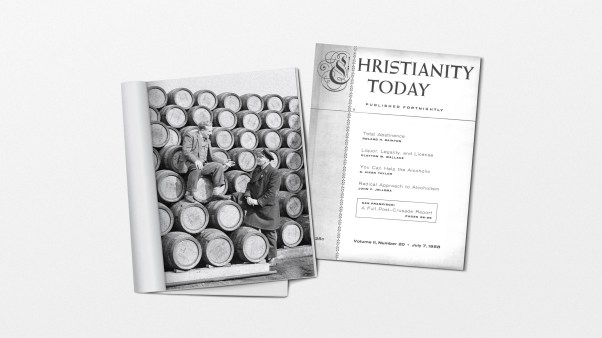The Bible says that Christ was born of a virgin, but it does not say why. This silence has encouraged theologians to compose reasons of their own. These reasons, at times, are more ingenuous than wise.
SOME EFFORTS AT EXPLANATION
Some theologians say Christ’s deity required the Virgin Birth, but the effort is wide of the mark. Christ is divine because he is one with the Father and the Spirit. The Trinity is an eternal order of being.
Other theologians say Christ’s incarnation required the Virgin Birth, but the effort overlooks the sovereignty of God. Since God is omnipotent, he could have united divine and human nature in any way he elected. The mode of Christ’s birth is part of the economy of redemption.
Many theologians say Christ’s sinlessness required the Virgin Birth, but the effort is weak on several counts. First, a “traducian” theory of the soul is required; a theory, namely, that the soul of a child is not immediately created by God, but is derived from its parents by ordinary generation. Such a theory is pure speculation; the Bible nowhere tells how the soul is formed. Second, the apostles trace Christ’s sinlessness to his holy life, not to his miraculous birth; and the judgment of the apostles is normative for the Church. Third, the science of genetics has found that hereditary traits come from the mother as well as the father. Thus, the Virgin Birth would not, of itself, secure Christ’s human nature from pollution.
Roman Catholicism tries to relieve the last difficulty by declaring Mary free from original sin. But the Roman expedient, taken out consistently, would imply a denial of the fall of man. Not only must Mary be immaculately conceived, but likewise her parents, her grandparents, and so on, until we reach Adam and Eve.
Protestants say Mary was conceived in sin, and in saying so they void any casual connection between the sinlessness of Christ and the Virgin Birth. Just as God protected Christ’s human nature from the pollution of Mary, so he could have protected it from the pollution of Joseph; in which case Christ would have been born of ordinary generation, yet without sin.
CHRIST THE PROMISED BLESSING
Theologians would be on much safer ground if they rested the case for the Virgin Birth on the manner in which God dealt with his covenant people in the Old Testament. Let us develop this.
When Adam sinned, he and all his seed incurred the just displeasure of God. Yet, grace triumphed over law in that very hour of woe. When all appeared lost, God said that the seed of the woman would bruise the head of the serpent (Gen. 3:15). The comfort of this prophecy was only surpassed by its mystery; for how could man, a willing servant of Satan, defeat the counsels of Satan?
God removed part of the mystery when he made a covenant with Abraham. God promised to bless all nations through the seed of Abraham. Abraham did not know how this would come to pass, but he believed God and it was reckoned to him as righteousness.
God removed more of the mystery when he instituted the Mosaic system of bloody sacrifice. The seed of Abraham would bless all nations by assuming the guilt of punishment into and upon himself. The Lamb of God, who takes away the sin of the world, was foreshadowed by the Mosaic system.
The Old Testament prophets concluded the economy of preparation by citing the name of the Saviour, the place and mode of his birth, and the manner of his life, death and resurrection. The Saviour would be born of a woman, and thus suffer the limitations of human nature. Yet, he would bear titles befitting his Messianic office: Wonderful Counselor, Mighty God, Everlasting Father, Prince of Peace (Isa. 9:6).
THE THREAT OF INVOLUNTARY UNBELIEF
Let us go one step further. Since God’s promises were greater than man’s capacity to receive them, God always accompanied his promises with special signs. The spirit is willing, but the flesh is weak. For example, when Abraham inquired how he might know that God would bless him, God ratified the covenant by a smoking furnace and a flaming torch. When Moses feared Pharaoh’s court, God gave him a rod of power. And when Gideon shrank before the Midianite hordes, God honored the fleece. These signs, in each case, were aimed at subduing the threat of involuntary unbelief.
When we see why God gave signs to his people, we can see why Christ was born of a virgin; for if the great heroes of the faith required signs when they looked forward to the Saviour’s coming, how much more were signs required by those into whose house the Saviour would be born? The signs of Christ’s appearance had to admit of no doubt. Yet, the signs had to be secret, lest the foes of righteousness begin their nefarious work before Christ’s hour had come.
SIGNS OF CHRIST’S APPEARANCE
When the angel told Mary that God had chosen her to be the mother of the Saviour, she found the tidings awesome. “And Mary said to the angel, ‘How can this be, since I have no husband?’ ” (Luke 1:34) The angel allayed Mary’s fear by naming two specific signs: first, her own child would be conceived of the Holy Spirit; second, Elizabeth would bear a child in her old age.
In due time Mary was able to confirm both of these signs. When she felt life stirring in her body, she knew that her child was a miracle sent from God. And a happy visit to the home of Elizabeth confirmed the second sign.
As time passed, however, a new cloud of difficulty gathered; for when Joseph found that Mary was with child, he “resolved to divorce her quietly” (Matt. 1:19). Joseph’s Hebrew piety, let alone his male ego, prompted this resolve. Not only had Mary brought shame on Israel by conceiving out of wedlock, but she had deliberately concealed her condition. This, at least, is how Joseph viewed the matter.
The cloud of difficulty did not lift until God dispatched an angel of light. “Joseph, son of David, do not fear to take Mary your wife, for that which is conceived in her is of the Holy Spirit; she will bear a son, and you shall call his name Jesus, for he will save his people from their sins” (Matt. 1:20–21). Convinced by this sign, Joseph took Mary to be his wife. Mary was now free to tell all that was on her heart. Mutual pardon was sought and forgiven. The holy couple then waited for God to give his gift to the world.
This pious vigil, however, did not end with the advent of Christ. The time of waiting, in fact, had hardly begun. Let us appreciate this as we ponder the Virgin Birth. Some 30 years elapsed between Christ’s birth and his manifestation to Israel. During these years Joseph and Mary had no other proof of Christ’s divinity than the signs surrounding his birth. Mary prophesied wonderful things about her Son, but she prophesied more than she understood. This is proved by the way she chided Jesus when he tarried in the temple at the age of 12. “Son, why have you treated us so” (Luke 2:48)? Jesus replied to this query with divine authority, “How is it that you sought me? Did you not know I must be in my Father’s house” (2:49)?
Now few Christians are disturbed by the silence of the early Church, for neither the book of Acts nor the Epistles make any explicit reference to the Virgin Birth of Christ. The difficulty, however, is easily resolved.
The mode of Christ’s birth forms no part of the “one act of righteousness” by which Christ reconciled God to the world. When Christ died on the cross, he offered up the fruit of a perfected human nature. He earned this fruit by loving God with all his heart and his neighbor as himself. Conscious, voluntary energy was required; an energy that Christ did not have as an infant, for his human faculties were undeveloped.
When the apostles preached the Gospel, therefore, they had no more reason to refer to the mode of Christ’s birth than they did to his legal parents or the street on which he lived. The Gospel draws on the public ministry of Christ, a ministry that began with the Baptism and ended with the Resurrection.
The Virgin Birth is precious to the household of faith because it plays a major role in connecting the promises of the Old Testament with their fulfillment in the New Testament. “All this took place to fulfill what the Lord had spoken by the prophet: ‘Behold, a virgin shall conceive and bear a son, and his name shall be called Emmanuel’ ” (Matt. 1:22–23 RSV). Scripture is inspired of God and has the force of law in the Church.
At this happy Christmas season, when we thank God for his inexpressible gift, let us renew our faith in the appointed means by which God made this gift to the world. God not only promised to bless all nations through the seed of Abraham, but he accompanied his promise with special signs. One of these signs was the Virgin Birth. If we disregard the Virgin Birth, we offend a confessional element that has united Christians from the first century until now.
Edward J. Carnell is Professor of Apologetics at Fuller Theological Seminary. He is the author of many books, including Christian Commitment and The Case for Orthodox Theology.
It Won’t Be Yours Again
Hustle this moment to yourself and hold it close, and warm it with your flesh. But do not spoil the new and uncut cloth of time around yourself, enhancing you. Turn it gently, fit it, give it shape. And do not overstrain the weave. You want it perfect, strong, unmended, whole. It won’t be yours again.
GLADYS VONDY ROBERTSON










